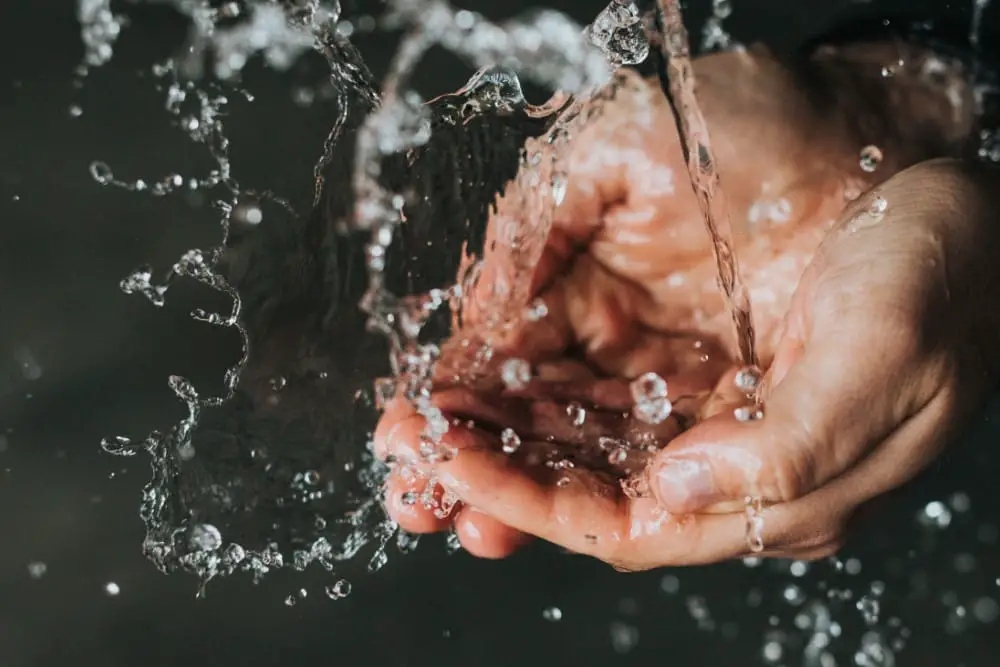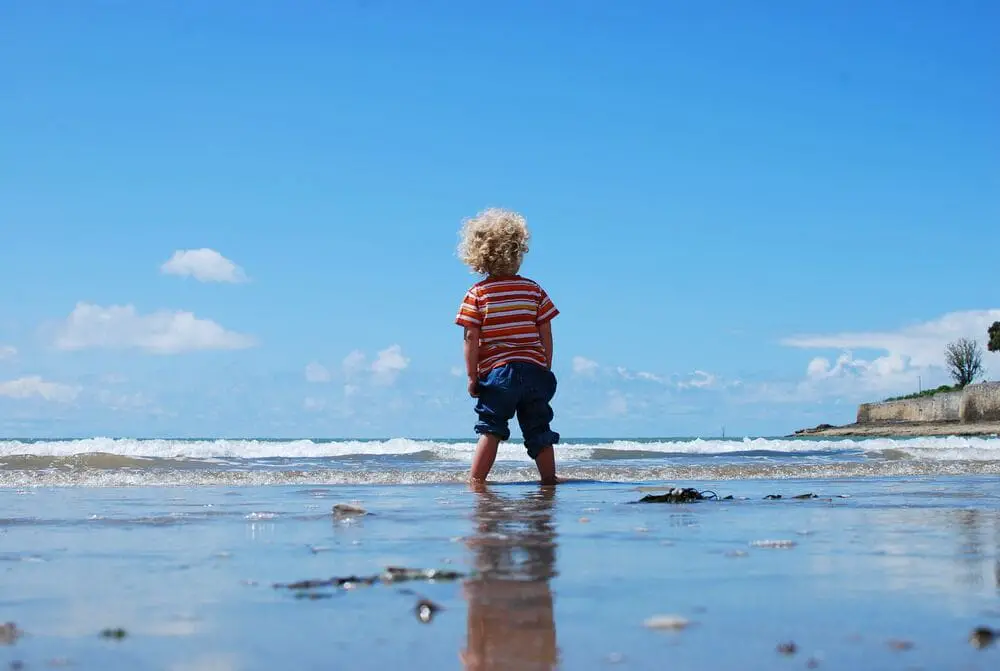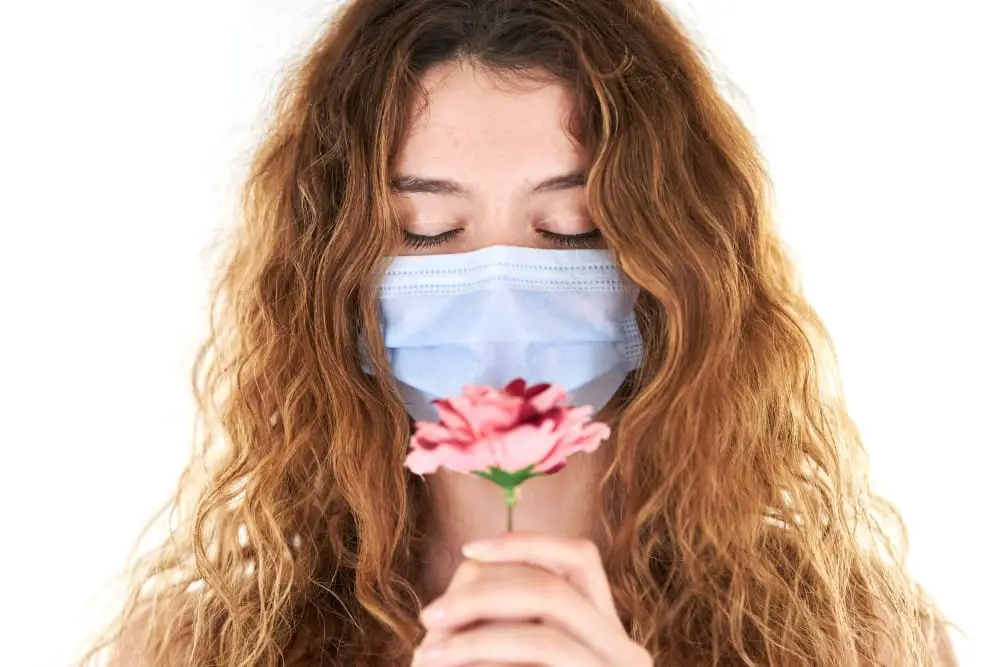
Is it completely safe to go to spas and health resorts?
No, but not because in spas and jealth resorts there is a special risk of contracting COVID-19, but because as long as you breathe there is always a risk, even if it is minimal. Now, how much risk is there of catching the coronavirus in a thermal center? Well, rather little. In fact, it is much less likely to catch coronavirus at a spa than eating inside a restaurant with three friends (each from his father and mother).
The Spanish Ministry of Science and Innovation is clear: "There is no evidence that the virus that causes COVID-19 can be transmitted through water in swimming pools, hot tubs, spas, or water play areas. Proper operation and maintenance (including disinfection with chlorine or bromine) of these facilities should inactivate the virus in the water. SARS-CoV-2 infection by contact with water of standard bathing conditions is very unlikely."
Here you can read more information about recent scientific studies.
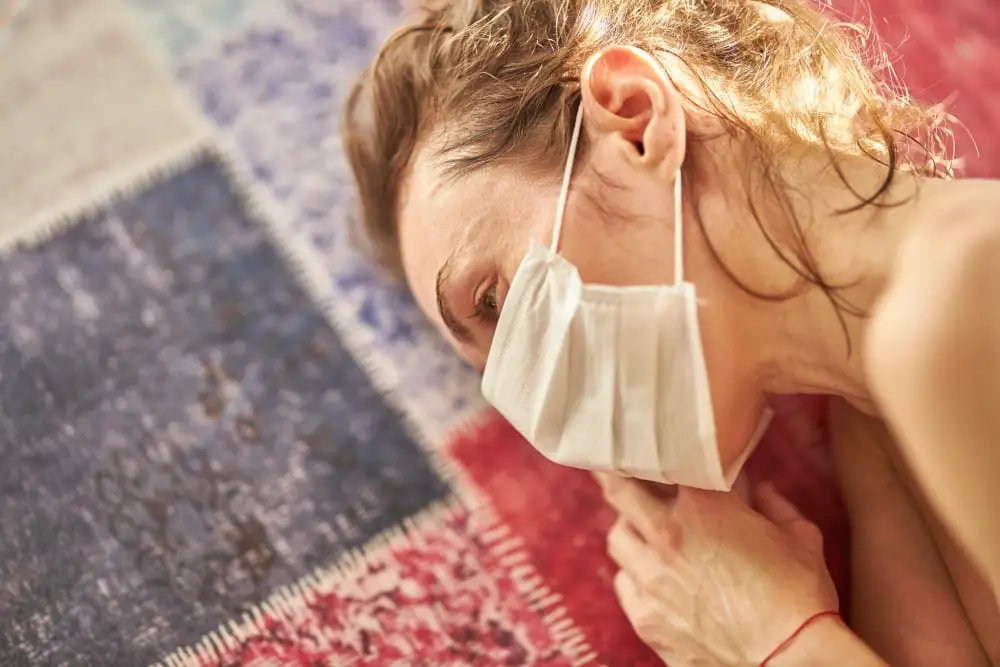
Is there much chance of contracting COVID-19 in a spa and/or health spa?
No, and certainly no more than in many other places and businesses that continue to provide services. From the first moment, the thermal centers have made a great effort to adapt to the new situation by implementing social distancing measures(such as capacity reduction, interpersonal distancing, etc.) and cleanliness (continuous disinfection, constant revision of the waters, etc.).All open spas and spas guarantee the safety of their users and workers. If you decide to go, go without fear but take the utmost precautions so as not to catch or spread infections, as you would do in any other activity in your life.
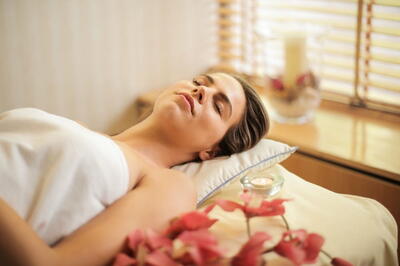
Are you looking for a spa or health resort to relax in?
TAKE A LOOK TO OUR WEB BROWSER TO FIND THE ESTABLISHMENT THAT FITS YOU BEST!
How could I catch coronavirus in a spa, spa or thalasso?
The greatest risk of contracting coronavirus in spas, spas and thalassotherapy centers has to do with the relaxation of social distancing measures. The ministry explains it this way, "The main route of transmission of SARS-CoV-2 in swimming pools is through respiratory secretions generated by coughing and sneezing and person-to-person contact, so the general recommendations relating to any other place should be maintained." If you observe the day-to-day social distancing and hygiene measures and follow the specific protocols adapted to the facility in question, you should not fear any infection.
Can the coronavirus live in swimming pool water?
In principle no. The Report on SARS-CoV-2 transmission in beaches and swimming pools of the Spanish Ministry of Science and Innovation explains that "in swimming pools and spas, where the use of disinfecting agents is widely implemented in order to avoid microbial contamination of the waters by the influx of users, the residual concentration of the disinfection agent present in the water should be sufficient for the inactivation of the virus". That is, the virus should be killed in pool and spa waters using chlorine or similar disinfection methods.

Are there more chances of getting infected in saunas and Turkish baths
In recent months the idea has spread that saunas and Turkish baths, because of their temperature, humidity and 'the steam', are the perfect place to catch coronaviruses. Nothing could be further from the truth: the temperature and humidity of saunas and Turkish baths are not the place for viruses. This is detailed in the Report on SARS-CoV-2 transmission at beaches and swimming pools: "Available scientific information on virus survival indicates a reduced survival of SARS-CoV-2 at elevated temperatures. In general, studies show a relationship between higher temperatures and humidity levels and reduced survival of SARS-CoV-2 in the laboratory."
Now, just as it says this, the document also notes that "there are factors other than environmental temperature, humidity and virus survival outside the host that influence and determine human-to-human transmission rates in the real world" and that "the stability of SARS-CoV-2 on surfaces such as metals or plastics is of special relevance in saunas, steam rooms, etc." However, the report stresses that "standard disinfection methods, such as disinfection with diluted bleach 1:49 and 1:99 or 70% ethanol effectively inactivate the virus" and that "in cases where the facility environment is maintained at elevated temperatures, as in the case of saunas and steam baths, it is expected that, due to the high temperature (> 60orC), virus survival will be reduced." So if a sauna or steam bath is clean and disinfected prior to use, it should not carry a high risk of contracting coronavirus.
Despite the available scientific evidence, the difficulty in establishing capacity in the reduced spaces of saunas and Turkish baths, their continuous need for disinfection to ensure that the coronavirus cannot remain adhered to their surface, and the perception of insecurity installed in the unconscious of the potential user, have led to many thermal centers closing saunas and Turkish baths. It is a way of guaranteeing the safety of their users (if they do not use them, they will not get infected) and, above all, of saving headaches and extra expenses.
Is the capacity of spas and spas limited?
Yes. The capacity of spas and spas is directly proportional to their size: the larger the size, the greater the capacity to keep customers away from each other and, therefore, the greater the capacity. This is established in the Measures for the reduction of SARS-CoV-2 coronavirus infection drawn up by the Spanish Ministry of Industry, Trade and Tourism of Spain and the Institute for Spanish Tourism Quality (ICTE): "In all activities, interpersonal safety distances must be respected. For this purpose and when necessary, the corresponding capacity control must be carried out."
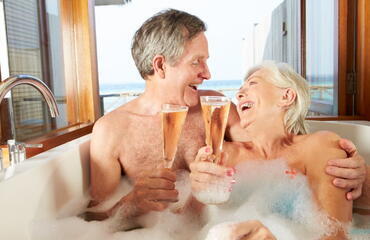
If, you are looking for privacy you might be interested in this article about
THE BEST PRIVATE SPAS AND JACUZZIS IN SPAIN
Can the showers and changing rooms be used?
Yes they can, but with the corresponding reduction of capacity and special ventilation conditions (which often include ventilation systems in operation 24 hours and all windows that can be opened to favor natural ventilation). Likewise, the ministry establishes that the safety distance between users must also be guaranteed in changing rooms, where there will always be disinfectant solution dispensers, soap,hand dryer and/or drying paper but never hand towels, not even for individual use. It also proscribes hair dryers and states that there should be non-manual conditioning binswith a double inner bag. It is also recommended to have pedal or sensor-operated faucets and, as if this were not enough, Order SND/386/2020 of May 3 establishes that common use toilets must be disinfected, 6 times a day!
Do you have to wear a cap, flip-flops and bathrobe and/or towel to the spa?
Here is the million dollar question and its answer: It depends. What does it depend on? On the specific spa center. In general, in spas and spas always have to wear flip-flops and bathrobe and / or towel, and often also a hat. During the coronavirus season, both flip-flops and bathrobe are quite useful because they prevent our body from coming into direct contact with surfaces such as the floor, hammocks, etc. on which the coronavirus could land.
This is stated in the Measures for the reduction of SARS-CoV-2 coronavirus infection: "The use of towels or bathrobes should be mandatory in the use of all equipment (chairs, loungers, etc.) to avoid physical contact between customers and the equipment. This equipment shall be disinfected periodically". Now, whether or not you have to bring it from home depends on the center you are going to visit. If you can't live without knowing, call the thermal center and ask directly!


What are the safest spa and spa treatments
Which is the best health or beauty treatment in times of coronavirus depends, above all, on the conditions in which such treatment is applied and on the measures to disinfect the place where it is to be received. Thus, it is up to each "spa to identify which techniques from its catalog it is going to apply in the different scenarios of evolution of the health authorities' recommendations in the COVID-19 context" and to decide which body treatments, which facial treatments and which foot and hand treatments it continues to offer if it decides to offer them.
There is no problem in performing a mud or peloid-based treatment at a spa. However, to avoid any possible contact with the coronavirus, the Ministry of Science and Innovation establishes that the muds and peloids will be disposable for single application or only reusable by the same client. In the case of the muds, those that have been used for other clients without physical barrier protection in their application may not be used.
Is the medical service of the spas operational?
Yes, as long as the spa offers this service. To ensure the safety of doctor and patient, the waiting room forum will be controlled, the consulting room will be disinfected regularly and during the medical examination the patient's body temperature will be checked, preferably with a non-contact thermometer.
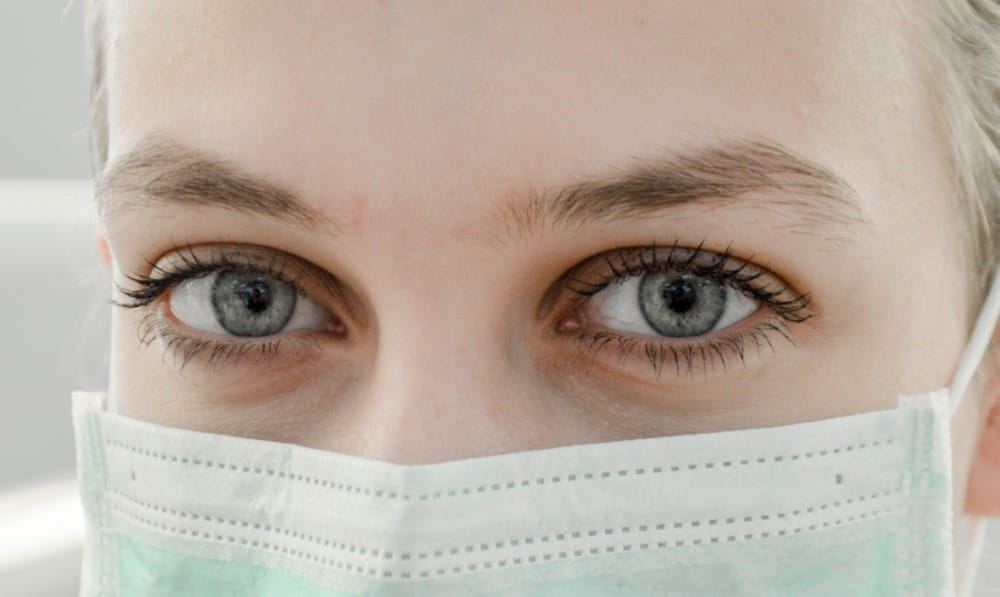
Can I go to a thermal center of another autonomous community?
Even if your community is perimetrically closed, you have the right to go to a thermal center of another Spanish autonomous community if it is a health center. This is established by Royal Decree 926 / 2020 of October 25. In this case, the spa / health center will be able to issue a written proof so that you can travel to it safely and without violating any rules.
Do all thermal centers have to comply with the same anti-coronavirus protocols?
Yes and no. Let me explain. All establishments using water for wellness purposes have to apply the Measures for the reduction of SARS-CoV-2 coronavirus infection. Now, each of these establishments, depending on their characteristics and circumstances, will draw up aunique contingency plan detailing the specific measures that they will adopt in order to reduce the risks of contagion of COVID-19 in their facilities.
In any case, "customers must be informed of those measures of the plan that directly affect them and must be applied (e.g. use of masks, hand washing, safety distances, etc.)" by means of posters, markings on the floor, digital means of access through cell phones (such as QR codes), or other means.

Are you looking for a spa or health spa to relax in?
TAKE A LOOK TO OUR WEB BROWNSER TO FIND THE ESTABLISHMENT THAT FITS YOU BEST!
If it's safe to go to spas, spas and thalassos, why aren't they all open?
Both spas and spas and thalasso spas are businesses and, in order to stay open, they have to be profitable. Some have probably gone out of business because of the pandemic and others simply will not be profitable to open if they have to reduce capacity and implement protective measures (such as putting up screens, reinforcing the disinfection service so that it is continuous, etc.). In any case, the opening or closing of the thermal centers has to do with the sanitary restrictions in force in the region in which it is located and the business strategy and/or concrete situation of that thermal center.
Masks, spas and spas
And last but not least, remember to wear an efficient and approved mask when you go to a thermal center. This does not mean that you will have to be in the water with a mask, but you will need it to move around the facilities and access certain rooms. For your safety and the safety of others, wear it!


